Canva ramps up on net-zero climate ambitions
Decisive action on climate matters as much as taking democratised design to the world for the co-founder of tech heavy-hitter, Canva.

Cameron Adams isn’t like most technology executives. You’re just as likely to find the bespectacled co-founder of celebrated Australian tech success story Canva DJing at one of his startup’s parties or mashing up Daft Punk albums as you are poring over his company’s valuation, which is setting national and global records.
But there’s one thing that gets Adams more animated than anything else – maybe even more than his beloved DJing – and perhaps equal to Canva’s ambitious stated mission, which is to democratise design for the everyone around the planet.
Climate change is the single greatest threat to global stability, security and life on earth, says Adams, and Australia is currently at the starting line for what will need to be a Herculean multi-decade effort from government, individuals and the broader business and tech communities to save society.
“We’re at such a pivotal moment in time right now when it comes to tackling climate change,” Adams says from his home in Sydney’s Balmain.
“The momentum is here now. Private organisations like us at Canva and the government are coming around to it at the same time, and we’re seeing widespread public demand for action on climate change and for the structural elements that are actually going to get us to net-zero.”
THE NEW GREEN ECONOMY
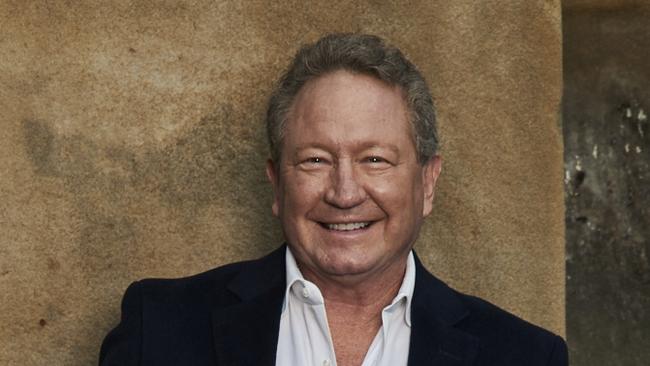
Twiggy’s green ambition put to the test
Andrew Forrest is convinced his ambitious green hydrogen plans are a key plank in the battle against global warming. But can the iron ore billionaire pull off the ultimate pivot?
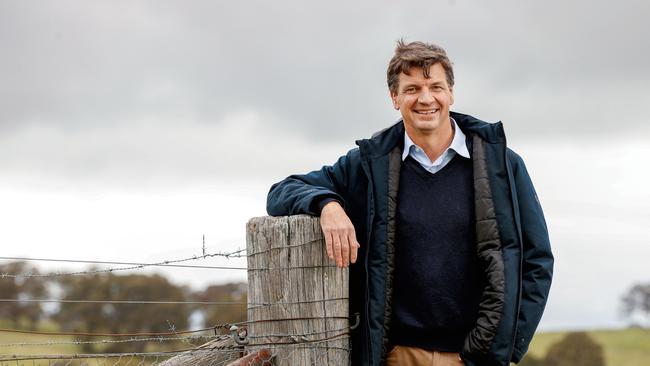
‘Cats can be herded if there’s a clear goal’: Angus Taylor
The government’s position on climate change is built on respect, says Industry, Energy and Emissions Reduction Minister Angus Taylor.
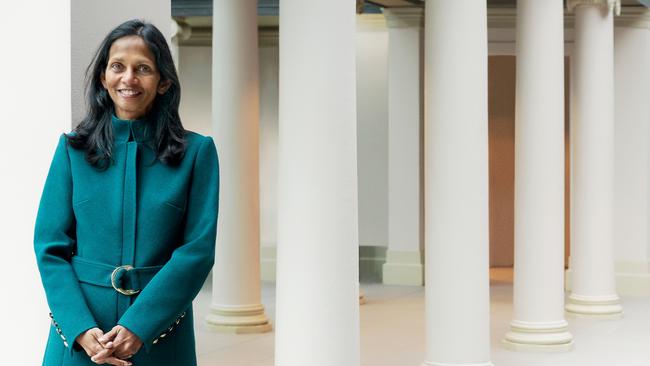
‘It’s our responsibility to be the adults’: Wikramanayake gets real
In a rare interview the Macquarie Group chief reveals its highly calculated approach to renewables investment and the discussion with her teenagers that crystallised the need to take action.
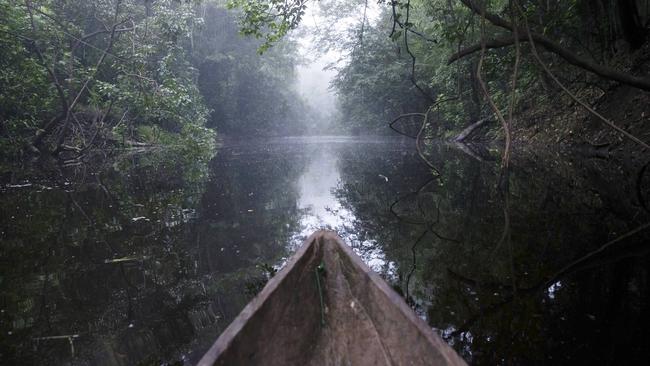
Is nature really at the centre of the ‘green dream’?
Looking after the land makes sense but in the end, someone has to pay. Good intentions will only go so far.
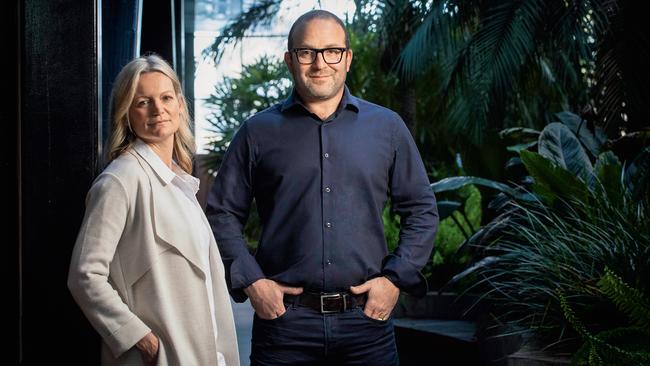
Rich-listers embrace climate shift
It’s no longer a question of choosing profit over planet. A new generation prioritises impact investing to retrain focus of their family wealth on a climate positive yet lucrative future.

Why climate change is a business opportunity
The transition to carbon neutrality will require trillions. For the financial sector this means not just the opportunity to fund the future, but to profit from it.
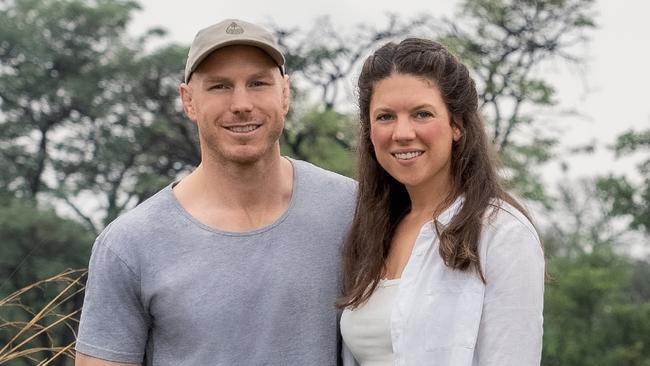
Rugby great takes climate fight to Canberra
David Pocock and wife Emma are playing to win with their commitment to turn talk into action on environmental issues.
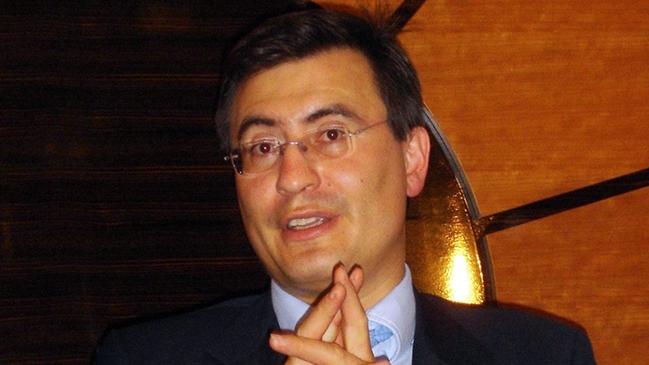
Billionaire piles pressure on big Aussie polluters
Australia’s enormous resource companies are on notice as a new breed of emboldened financial agitators take an aggressive – and often effective – stance on climate accountability.
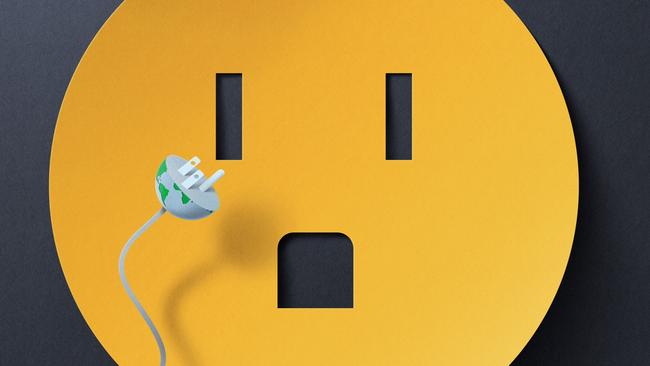
Could your car power your house one day?
A reality where the energy stored in your car is plugged in to electrify your home edges ever closer.
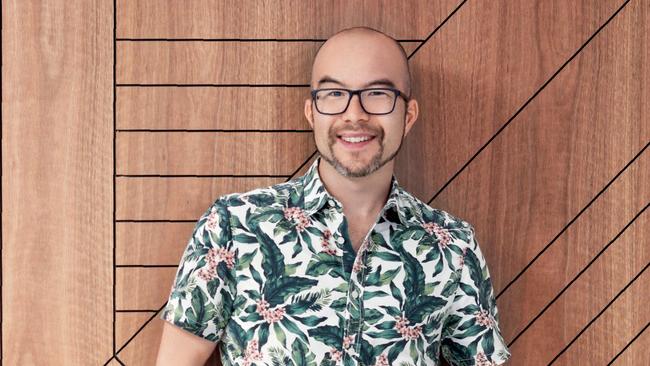
Cameron Adams on being a DJ loving climate warrior
Decisive action on climate matters as much as taking democratised design to the world for the co-founder of tech heavy-hitter, Canva.
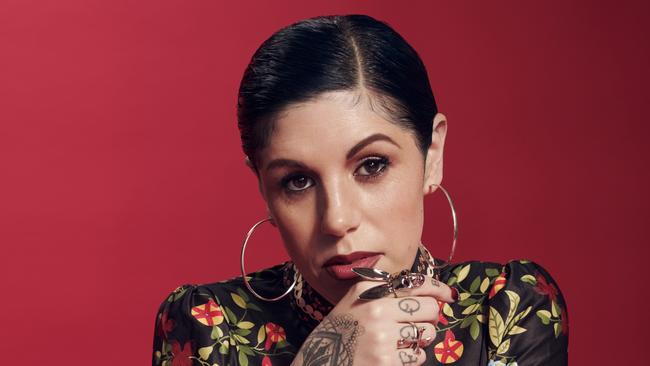
The Australian names to know in sustainable food and wine
From the man behind Sydney’s fish eatery Saint Peter to a self proclaimed meat-eating vegan, these Australians know a thing or two about sustainable food and wine.
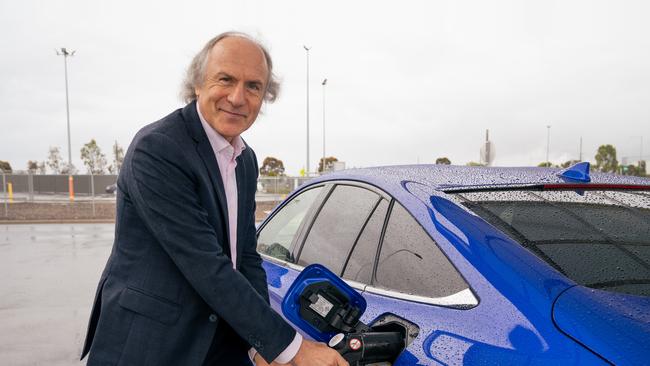
Alan Finkel: ‘Technology is enabled by government’
Now is the moment as government, industry, technology and communities embrace both the urgency and practical reality of emissions reduction.
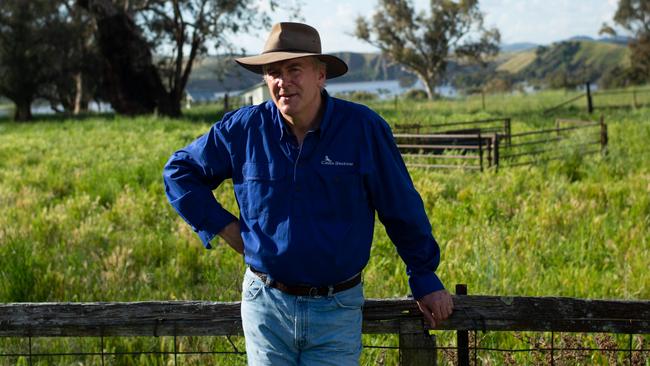
Climate solution may lie beneath our feet
One answer to the global emissions question is right beneath our feet, says newspaper publisher turned commercial cattle farmer Alasdair MacLeod.

Is this the cure for electric vehicle range anxiety?
Does the idea of electric vehicles give you range anxiety? Car companies have a cure for that, and it’s called a “PHEV”.
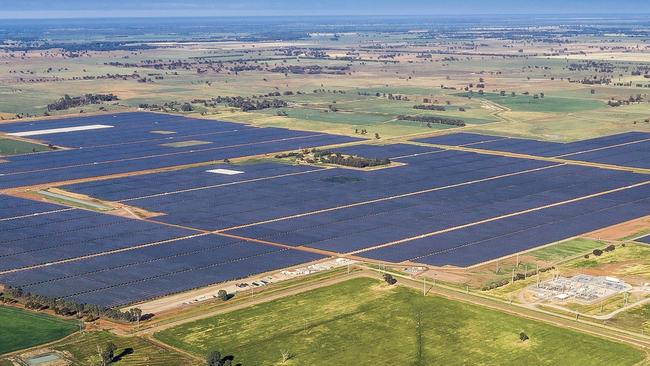
Solar plan set to shine
Australia’s appetite for solar continues to surge, driving everything from households and electric vehicles to mining projects seeking a cleaner future.

Six boundary-pushing tech innovations
From a solar-powered outdoor oven to robotic lawnmowers, the latest in green technology sets you up for a future-facing daily life.
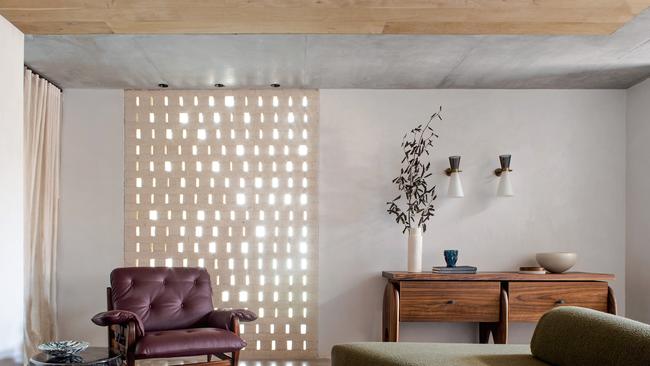
Can an office be sexy … and sustainable?
A leading design studio experiments with sustainability by stealth at their innovative – and sexy – Sydney HQ.

The Australian denim brand leading the charge
Start unpicking the fashion industry and the cost to climate is clear. But Queensland’s Outland Denim is determined to break the pattern.
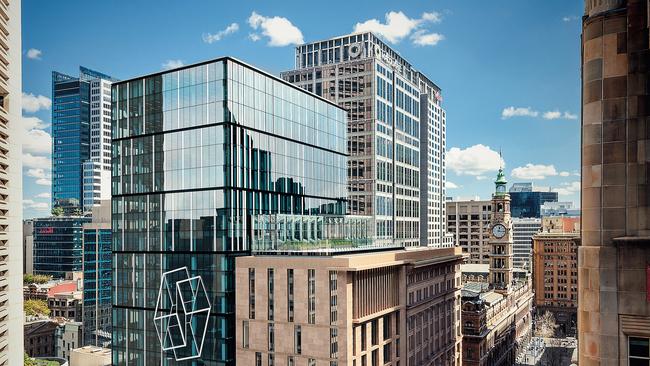
Sky’s the limit: Inside Australia’s greenest buildings
Concern for the environment and employees alike is at the heart of these top four sustainable, and awarded, new commercial spaces. SEE THE PICTURES
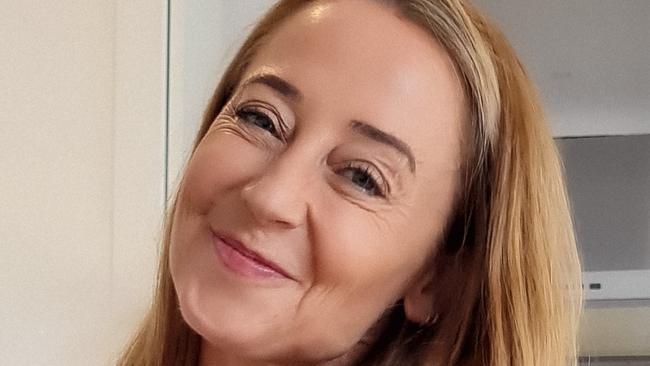
Living sustainably is harder than it looks
Two very different lives, one urgent shared challenge: to take concrete steps towards more sustainable daily choices.

Skincare brands put planet before profit
A swath of pioneering skincare brands are setting new low-impact benchmarks in the process.

Solid-state batteries ‘will secure EVs’ future’
For electric vehicles to truly capture the public’s imagination – and wallets – charging certainty and speed is necessary. Enter the solid-state battery.

The fashion innovators to know in 2022
French house Hermès turns luxury leftovers into pieces of creative expression, plus the latest in ethical design and the rise of resale.
Walking and chewing gum at the same time can be a challenge for fast-growing tech companies, who have to grapple with hiring talent, rising sales and support issues, and a battle to keep key stakeholders content, let alone effecting change on the environment.
Canva has been on a rapid growth trajectory since its founding in 2012, scaling up from just a team of three to now employ more than 2500 people in offices across multiple time zones, and a soaring valuation currently sitting at $55 billion.
But being strong on climate has in fact been a key driver for recruiting and attracting talent, Adams says, amid an increasingly fierce battle for luring top engineering and design workers.
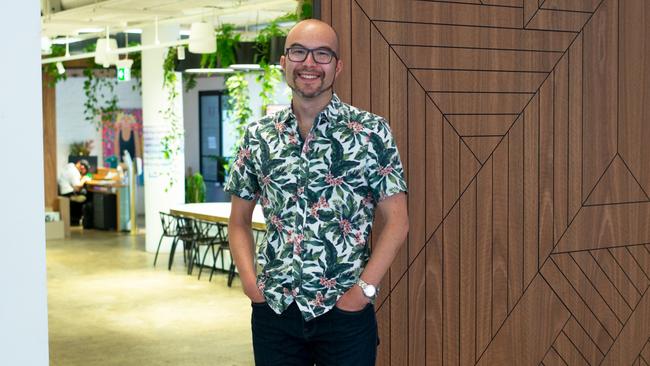
Canva earned its title as the fastest growing company in Australian business history in no small part because of its commitment to environmental issues, along with its wildly ambitious “two-step plan”, according to its co-founder.
“What we hear from everyone inside Canva is that climate change is near and dear to their hearts, and they want to figure out how they can take real action,” Adams says.
“It all ties in to our two-step plan. Step one is to become one of the most valuable companies in the world, and step two is to do the most good that we can, and it’s a real virtuous cycle between those two steps.
“In terms of climate change, it has been an incredible rallying cry for people who want to work at a company that truly values having a positive impact on the world, and is taking real steps towards making that happen as well. It’s helped us attract the best and brightest minds to Canva to come along with us.”
Adams, who is now aged 42, was previously at Google where he worked closely with Google Maps co-founders Lars and Jens Rasmussen on a real-time collaboration tool, Google Wave. He joined Canva co-founders Melanie Perkins and Cliff Obrecht in 2012 as Canva’s technical co-founder, helping scale up the design software to a point where it’s now used by more than 60 million people every month.
-
“It has been an incredible rallying cry for people who want to work at a company that truly values having a positive impact on the world and is taking steps to make that happen as well.”
— Cameron Adams, Canva
-
Canva has also ramped up its climate ambitions: in 2021 it signed the Amazon climate pledge, which commits the company to achieving net-zero carbon emissions by 2040, 10 years ahead of the Paris Agreement. The company has also committed to becoming carbon positive by 2023, meaning it will bring in more carbon than it’s emitting.
“We also have lots of internal programs. We have a bee-keeping program in Sydney on the roof of our office that produces 50 kilograms of honey. We’re just thinking about all the different ways in which we can reduce our emissions in small ways, and that flows through to employee engagement.”
Adams is now calling on more Australian companies – no matter their size or their value – to take significant action on climate.

Enterprise software outfit Atlassian has long been ranked alongside Canva as one of Australia’s most valuable tech companies, and one of the nation’s largest tech employers. Mike Cannon-Brookes, Atlassian’s co-founder and co-chief executive, describes climate change as a huge issue for current Atlassian workers and prospective employees looking to join the company.
“Recruiting talent is incredibly important, and anything that gives you an uplift in doing that is good,” Cannon-Brookes says. “We’ve always been an incredibly philanthropic and caring firm about a lot of different issues, right from climate through to diversity and other things, and it always shows up in our top three reasons why people choose to join us.
“While Australia is incredibly retrograde on an international standard [on climate], the awareness level is building. Firms that aren’t taking climate action are now inherently riskier and hence have a higher risk premium and a higher cost of capital and will then be less likely to succeed.”
Adams says that despite whatever regulatory settings exist, Australian startups already punch above their weight in terms of helping drag the nation towards net-zero, even if sometimes the tech industry broadly speaking can get a slightly bad rap.
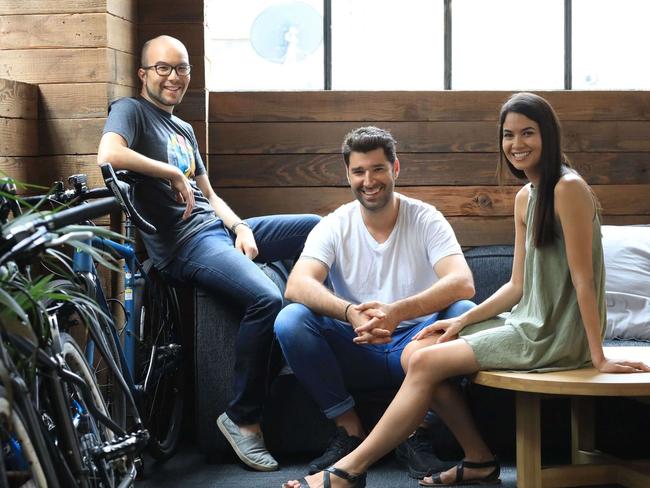
“There are people doing amazing things in a bunch of different spaces. There is a company called SunDrive Solar that was founded in Wollongong and is looking at better solar-panel technology. Projects like Sun Cable in the Northern Territory are doing solar power en masse. I think we are really pushing the envelope in a lot of ways. But having more government support will be the icing on the cake.”
Adams himself is an investor in multiple enviro-tech startups, including biomaterial company Uluu, “stone paper” startup Karst, renewables finance company Brighte, sustainable toilet paper-maker Who Gives A Crap, as well as sustainable investment and advisory firm Pollination.
“When you have private organisations and public government coming together, it creates an amazingly inspiring ecosystem that we can all get involved in,” Adams says.
“We can truly become the leading force around the world that Australia should be, because we’re a very lucky country with well-developed resources, and we should be using those to push the future forward rather than hold it back.”
This story appears in The List: Green Power Players 2022

To join the conversation, please log in. Don't have an account? Register
Join the conversation, you are commenting as Logout